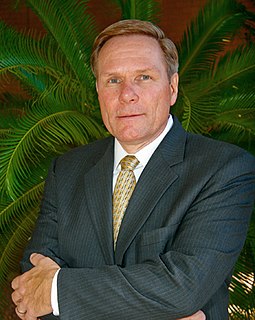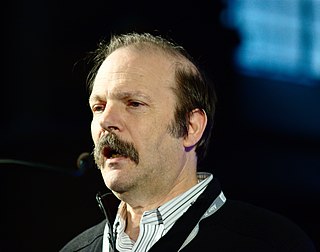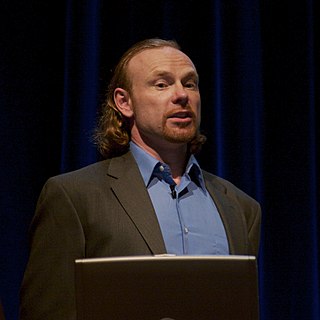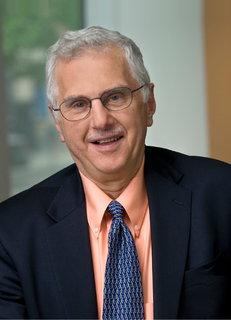A Quote by Jeff Dean
As a society I think we are going to be much better off by having machines that can work in conjunction with humans to do things more efficiently and even better in some cases. That will 'enable humans to do things that they do better than machines.
Related Quotes
By the time of the Singularity, there won't be a distinction between humans and technology. This is not because humans will have become what we think of as machines today, but rather machines will have progressed to be like humans and beyond. Technology will be the metaphorical opposable thumb that enables our next step in evolution.
Although humans today remain more capable than machines for many tasks, by 2030 machine capabilities will have increased to the point that humans will have become the weakest component in a wide array of systems and processes. Humans and machines will need to become far more closely coupled, through improved human-machine interfaces and by direct augmentation of human performance
We want to achieve a new and better order of society: in this new and better society there must be neither rich nor poor; all will have to work. Not a handful of rich people, but all the working people must enjoy the fruits of their common labour. Machines and other improvements must serve to ease the work of all and not to enable a few to grow rich at the expense of millions and tens of millions of people. This new and better society is called socialist society.
There are some things we do much better than computers, but since most of chess is tactically based they do many things better than humans. And this imbalance remains. I no longer have any issues. It's bit like asking an astronomer, does he mind that a telescope does all the work. He is used to it. It is just an incredible tool that you can use.
Machines help us do things more quickly and efficiently, but they can also destroy some community activities. Machines can also throw the weakest people out of work and this would be sad, because their small contribution to the housework or cooking is their way of giving something to the community. People who are capable of doing things very quickly with the help of machines become tremendously busy, always active, in charge of everyone - a bit like machines themselves.
Machines already are much smarter than us at so many things. I mean, try to multiply two 10-digit numbers with each other or, you know, sift through a thousand documents. So there's lots of things that machines are better at including in mental task than us. There's many more that they're not as good at, but the direction is pretty obvious and the progress is clear.
For a long time, the humans are going to be better than the machines and so different parts of the job will be leveraged. In a way that's happened for centuries, and we've adapted. And it's made the people who had parts of their jobs automated more valuable and more productive to the extent that they are essential for the other components of their jobs.
All experiments that are related to the games when you have humans versus machines in the games - whether it's chess or "Go" or any other game - machines will prevail not because they can solve the game. Chess is mathematically unsolvable. But at the end of the day, the machine doesn't have to solve the game. The machine has to win the game. And to win the game, it just has to make fewer mistakes than humans. Which is not that difficult since humans are humans and vulnerable, and we don't have the same steady hand as the computer.
Humans have an amazing capacity to believe in contradictory things. For example, to believe in an omnipotent and benevolent God but somehow excuse Him from all the suffering in the world. Or our ability to believe from the standpoint of law that humans are equal and have free will and from biology that humans are just organic machines.
We have always underestimated the cell...The entire cell can be viewed as a factory that contains an elaborate network of interlocking assembly lines, each of which is composed of a set of large protein machines...Why do we call [them] machines? Precisely because, like machines invented by humans to deal efficiently with the macroscopic world, these protein assemblies contain highly coordinated moving parts.
Especially girls, but any kids exposed to music programs and arts programs do much better on their tests. They have a better chance of going to college. They can focus better. You know, we're not just automatons learning how to work machines and do engineering and math and science. All of that's great, but you've got to build a whole person.


































